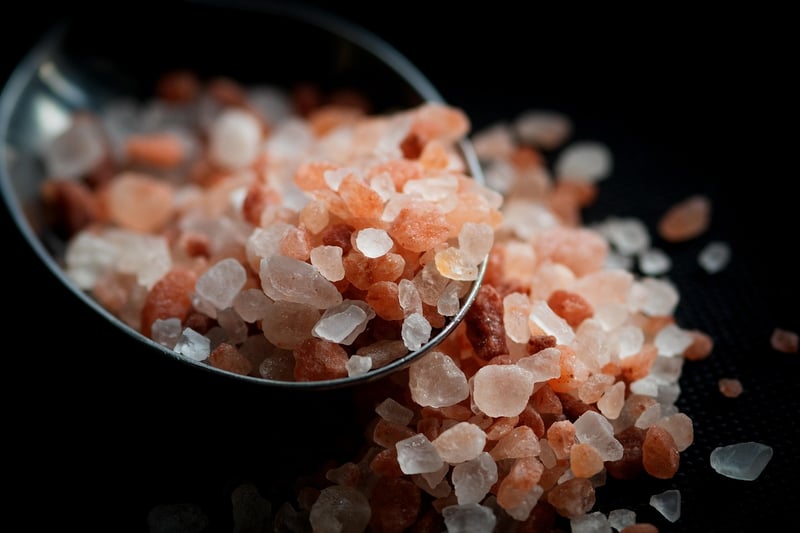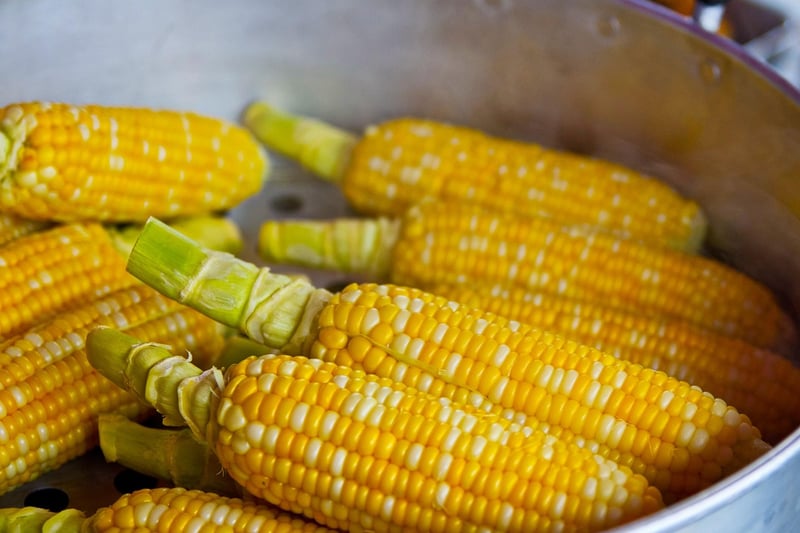Ingredient Substitutions
Enhance Your Culinary Knowledge: Ingredient Substitutions
Are you passionate about cooking but sometimes find yourself missing a key ingredient for a recipe? Don't worry! Learning about ingredient substitutions can save the day and elevate your culinary skills. Whether you're out of an essential component or looking to add a unique twist to a dish, knowing the right substitutes can make all the difference in the kitchen. Let's explore some common ingredient swaps that can help you become a more versatile and resourceful chef.
1. Butter
Butter adds richness and flavor to many recipes, but if you're out of this kitchen staple, several alternatives can come to the rescue. You can substitute butter with options like margarine, coconut oil, or even applesauce in baking recipes. Each substitute will bring its unique flavor profile, so choose based on the desired outcome of your dish.
2. Eggs
Eggs are a versatile ingredient that can be replaced in various dishes. For binding purposes in baking, you can use mashed bananas, yogurt, or a mixture of water, oil, and baking powder. In savory dishes, ingredients like tofu or chickpea flour can work as egg substitutes, maintaining both texture and flavor.
3. Milk
If a recipe calls for milk but you're lactose intolerant or out of dairy milk, fear not. You can substitute cow's milk with almond, soy, coconut, or oat milk depending on the flavor profile you want to achieve. Each alternative will bring its unique taste, so feel free to experiment with different options.
4. All-Purpose Flour
When a recipe calls for all-purpose flour and you're looking for a healthier alternative, consider using whole wheat flour, almond flour, or coconut flour. Each of these substitutes will bring a different texture and flavor to your baked goods, so adjust the quantities accordingly for the best results.
5. Sugar
For those watching their sugar intake or looking for natural sweeteners, there are several substitutes you can use in place of white sugar. Options like honey, maple syrup, agave nectar, or stevia can add sweetness to your recipes with their distinct flavors. Be mindful of the sweetness levels and adjust the quantities to suit your taste preferences.
Mastering ingredient substitutions not only allows you to adapt to unexpected situations in the kitchen but also encourages creativity and experimentation. Next time you're faced with missing ingredients, consider the alternatives at your disposal and unleash your inner chef!
Happy cooking!

Image by Free-Photos from Pixabay
